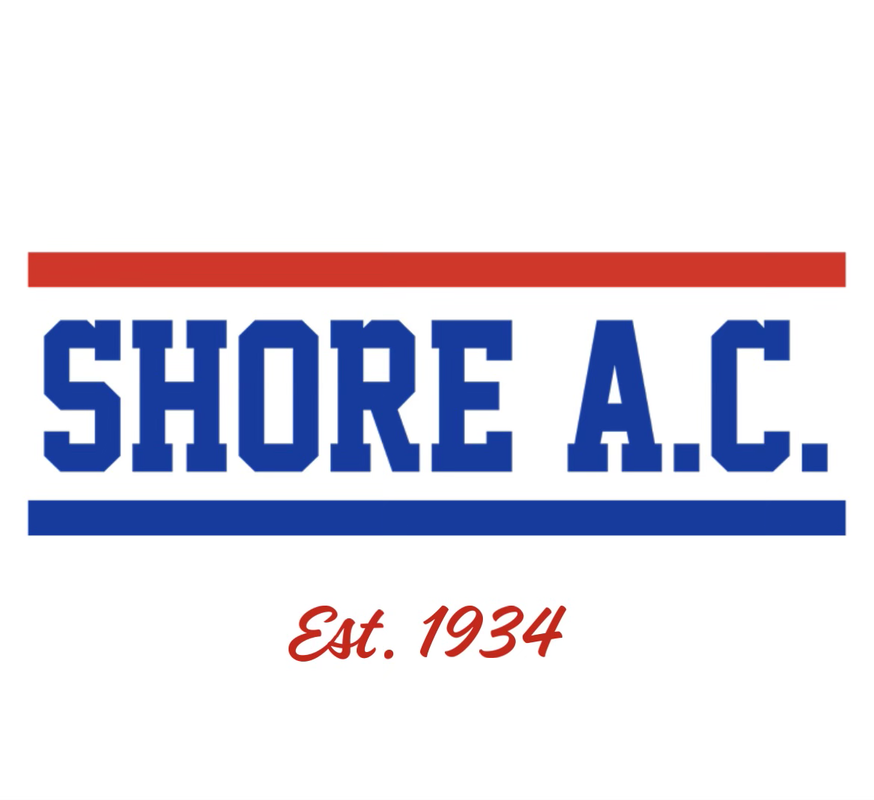|
By ELLIOTT DENMAN
It’s invariably shortened to simply “Title IX.” But its formal title is “Title IX of the Education Amendments of 1972.” It was met with considerable resistance when it was added to the federal code 50 years ago – expressly to prohibit “sex discrimination in any education program or activity receiving federal financial assistance.” Spelled out, it told America that “no person shall, on the basis of sex, be excluded from participation in, be denied the benefits of, or be subjected to discrimination under any academic, extracurricular, research, occupational training, or other education program or activity operated by a recipient which receives Federal financial assistance.” It was written into the lineup of federal statutes at a perfect moment in the great American awakening. It brought a degree of fuller citizenship to America’s mothers and daughters, which should have been cheering news to America’s fathers and sons, too. It did – but hardly with a sense of immediacy. Years passed before the legislation gained full acceptance. Some hard-liners continue to argue that Title IX is still a shaky proposition, of dubious merit, of considerable distance from reality. But it’s now 2022, and they're usually relegated to the ranks of the misguided zealots of a lost cause. Sports being sports – an integral phase of modern-day American life – many of Title IX’s greatest beneficiaries have been its remarkably multi-talented, multi-faceted mothers and daughters who’ve spent the last half-century pushing those same negativists back into their “no-no-no” neigborhoods of living in the past. Vivid examples of American progress in the “Title X era,” of course, can be now be found in all avenues of the American athletic experience. But perhaps nowhere brighter than in a Hellertown, Pennsylvania, household, and its extended branch in Gainesville, Florida. A quick summary: It was Title IX – in so many ways – that propelled Joetta Clark to one one of the most brilliant midde-distance racing careers ever achieved by an American runner, male or female. It was Title IX that – basically - spelled the end of the AIAW era. That’s AIAW, as in the Association for Intercollegiate Athletics for Women. Founded in 1967, it was gone by the early 1980s, forced out of business by Title IX’s demands that scholarship opportunities for the ladies at least approximate those available to the guys, and supplanted by the National Collegiate Athletic Association.. Thus, Joetta – she prefers being called by her single first name these days, along with such contemporaries as Oprah, Madonna and Beyonce – was able to snare a scholarship to the University of Tennessee and quickly used it to put her Vols teams atop the NCAA track and field pack. Joetta, who’d gained her first track recognition under the tutelage of her celebrated Dad – Joe Clark, principal of Paterson East Side, N.J. High School, famed as the tough disciplinarian of the film “Lean on Me” and a Montclair State University distance runner as a younger man. She rose to early greatness representing Columbia High School of Maplewood, coached by Len Klepack, and running concurrently in the Colgate Women’s Games, the ladies-only festival masterminded by Fred Thompson. Joetta would win the amazing total of nine NCAA gold medals in her brilliant career on coach Terry Crawfod’s Tennessee teams – and even more amazingly - raced her way to four Olympic Games, and a dozen USA national championships. The NCAA's first women's indoor title meet took place in 1983 - just on time for Joetta to run her way to another 800 crown. For all that brilliance, she’d wind up in an array of Halls of Fame and build careers as a motivational and inspirational speaker, author, Sports Foundation executive director, New Jersey Meadowlands commissioner and noted businesswoman. Her last full season as a runner was 2000 – and what a way to wind it up. Not only did she race her way to the Sydney Olympics, but the USA 800-meter entry was an all-Clark delegation, kid sister Hazel, sister-in-law Jerald Clark Miles, and Joetta herself. Talitha rose to track prominence at Saucon Valley High School in Pennsylvania. And all Talitha's deeds there - multi state and regional titles - opened the door to her University of Florida scholarship. Again, with that original boost from Title IX. Just look at Talitha now. Two years into her U. of Florida career, she’s the toast of Gainesvvile – and a whole lot more – and still a teen-ager. She'd placed third in the NCAA indoor 400 final as a freshman but raced to the top of the national collegiate indoor heap with a sensational 50.98 win at Birmingham this March. In the process, Joetta and Talitha became the first mother-daughter pair to be NCAA track titlists. But her triumphant run in the NCAA outdoor final last Saturday at Eugene’s Hayward Field – two days after a 50.08 PR semifinal win - was even more of a sizzler. Turning on the afterburners past the 300-meter mark, she blazed away from the field and crossed the finish line in – wow! – 49.99 seconds. Left behind in her slipstream were Charokee Young of Texas A&M (and Jamaica) at 50.65, Kennedy Simon of Texas at 50.69, Alexis Holmes of Kentucky at 50.71, and five more in the nine-runner final. Even more vital, it keyed a triumphant spurt for her Florida Gators in the race for NCAA team honors. Cool and calm, Talitha told Track and Field News, “no matter where I am in the race, I know that I have certain things about myself that I can execute and perform well.” Just one other runner - Courtney Okolo of Texas in 2016- had ever won the NCAA same-year indoor-outdoor 400 double. “I am beyond excited and proud,” averred mom Joetta. The 49.99 was, of course, her career best. It was a lot more, too - the best by an American this year, third best in NCAA history, and fourth best in the world at this relatively early phase of the 2022 campaign. Only Dominican Republic’s Marileidy Paulino (49.49), A&M's Charokee Young of Jamaica (49.87) and reigning Olympic champion Shaunae Miller-Uibo of Bahamas (49.91) now top her on the global year charts. And the best is surely just ahead. All going as expected, Hayward Field fans will see a lot of this rising superstar in the next month. Next up is the USA Nationals, where she stands to be a top candidate to win at the meet that doubles as Final Trials for the World Championships to follow in July. Of course, of course, she’ll have to step it up a notch or two just to make the USA Worlds team for the first global outdoor title ever to be staged in USA. The nation’s roster is brimming with other talent, youngsters and veterans both. But don’t you dare bet against her chances of representing Team USA at the Worlds, not only in the individual one-lapper, but in a relay, or even two of them. Worlds women’s 400 gold? It’s a crown first claimed for Team USA by her now-aunt, Jearl Miles Clark, in 1993, and later taken by America's Sanya Richards (2009), Allyson Felix (2015) and Phyllis Francis (2017.) Talitha Diggs will mark her 20th birthday on the 22nd of August. All going well, the celebrations figure to be world-class, too.
1 Comment
|
AuthorShore AC Archives
July 2024
Categories |
|
© 2023 Shore Athletic Club. All Rights Reserved
|
Website Developed by White Custom Marketing
|


 RSS Feed
RSS Feed



